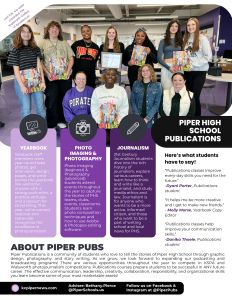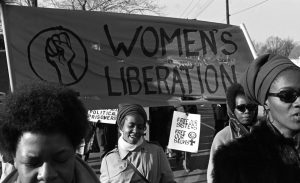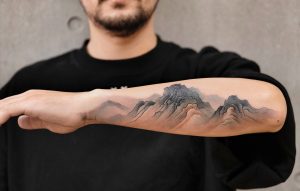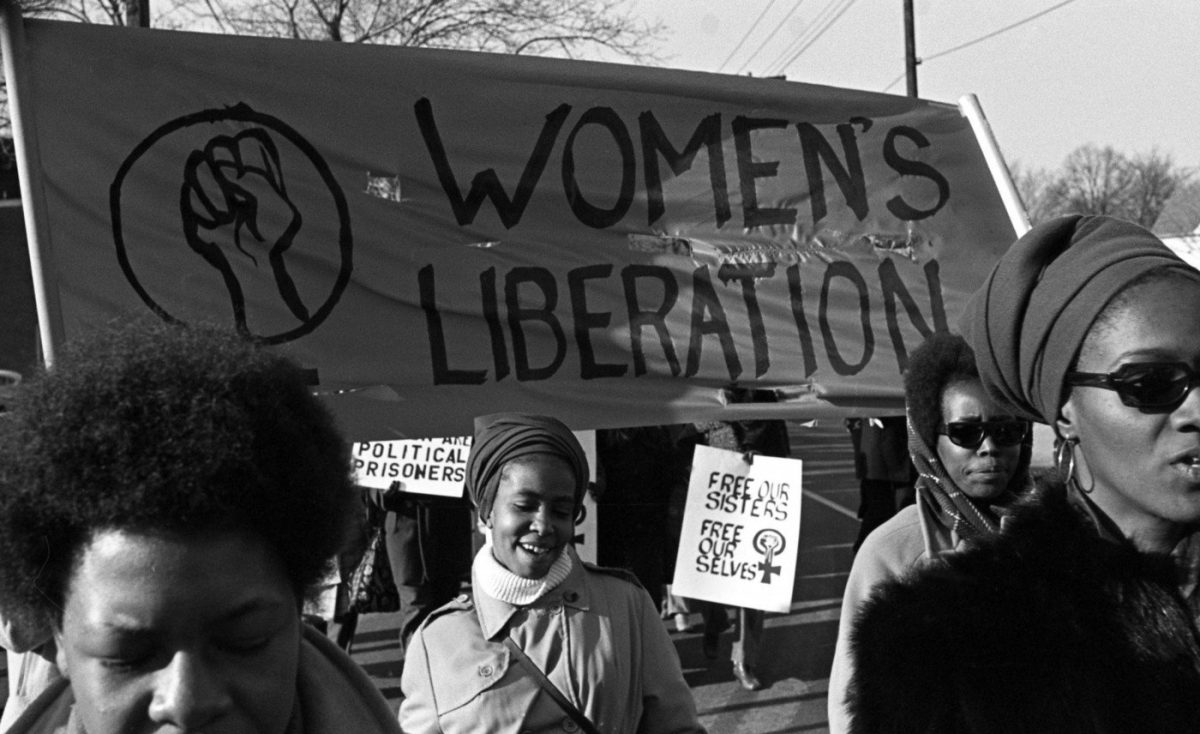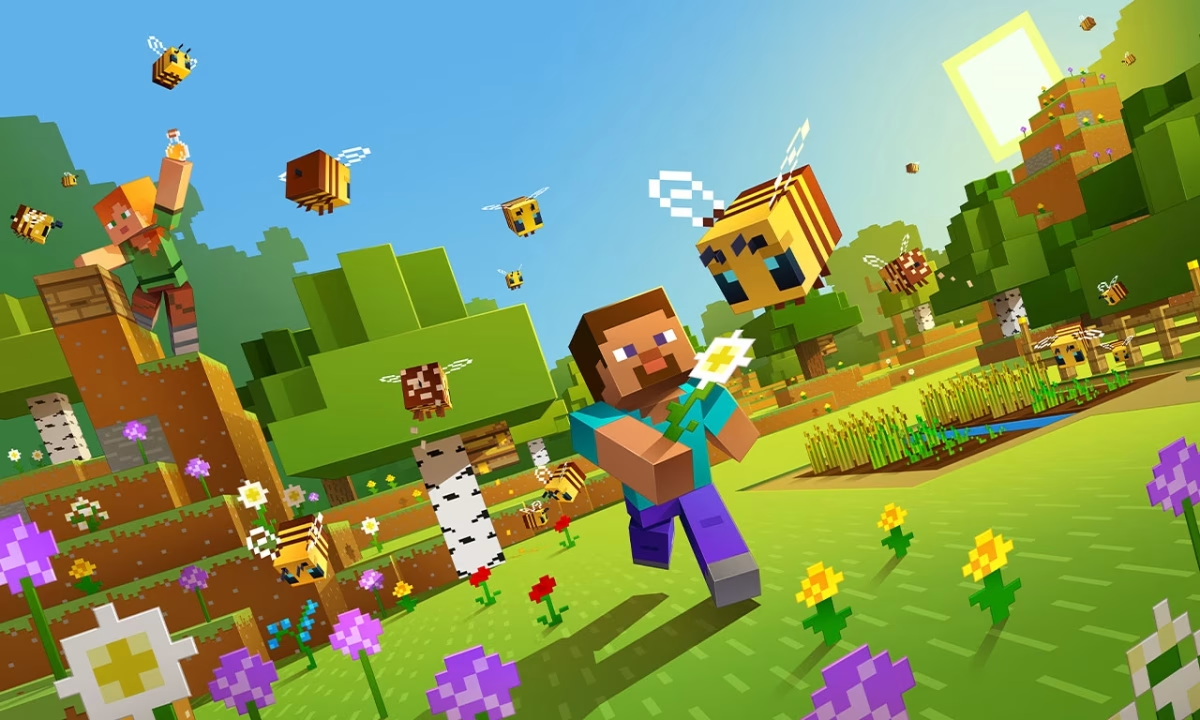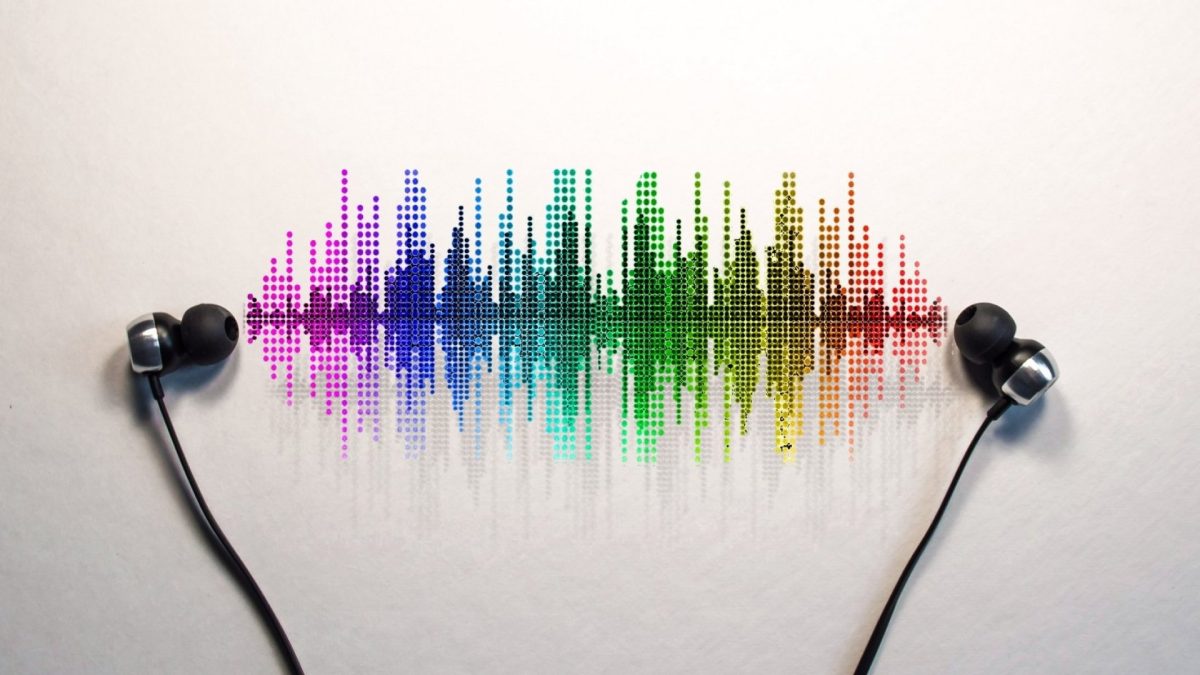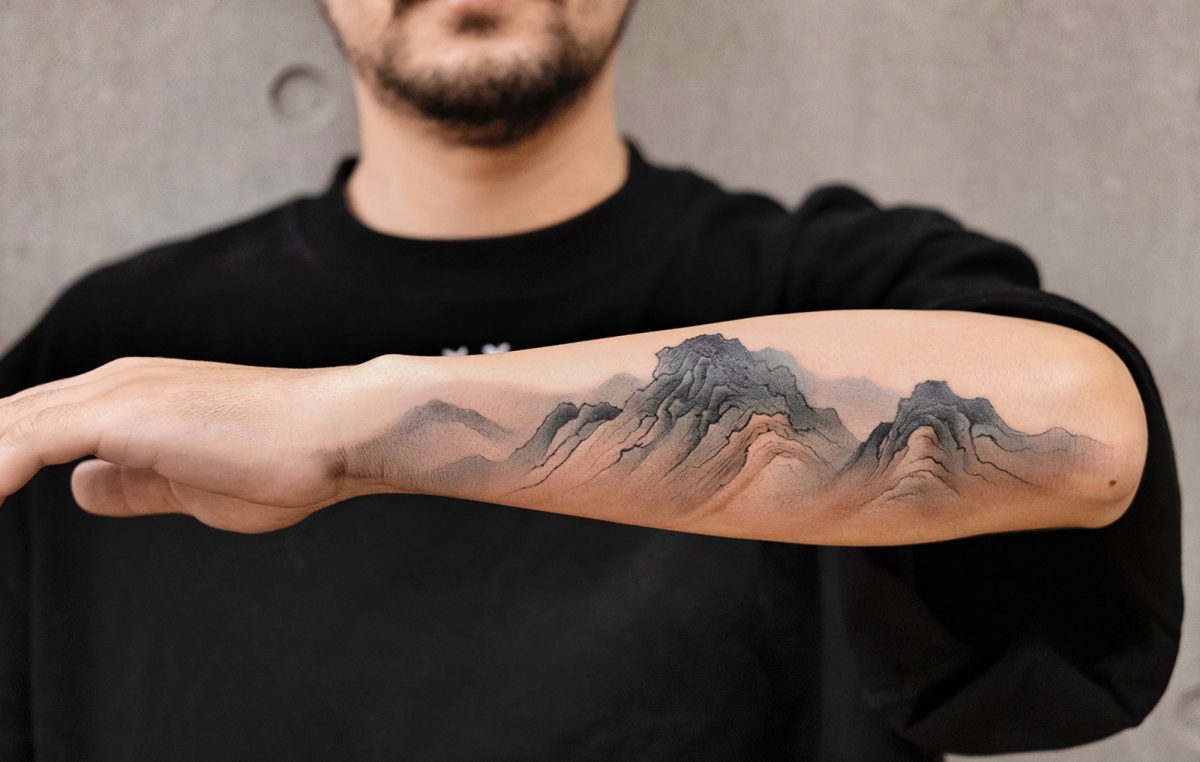Feminism has been prominent since way back in earlier eras. Women have been fighting for our rights for centuries and its shown great results in how far we’ve gotten. Unfortunately, feminism has never sought to include all women, this brings into account what we call “white feminism” and how it’s harmful.
As a Latina attending university in the 1990’s, womanist Ellie Harty saw touted third wave feminist ideals centering on sexual assault, sexual positivity, and beauty standards. She did not feel as if the feminist community included her.
“While I saw these as valid concerns, they felt narrow, luxurious even, compared to what I and my fellow classmates of color were experiencing: food insecurity, economic stress, bias—overt and implicit—in the classroom and elsewhere on campus. Using the label of “feminist” felt like speaking to the smallest corner of concern in my heart and life.”
In a report by co-author Rebecca Epstein, who leads the Initiative on Gender, Justice & Opportunity at Georgetown Law’s Center on Poverty and Inequality, she writes, “This is the very real feeling a lot of women of color have. Women of color are treated significantly worse then their white counterparts. We see this in stereotypes women of color are given, angry black women or sassy Latina. We are actively seen as ticking time bombs and that can make it hard to co-exist in a space with white women who aren’t stuck with negative labels. Our earlier research focused on adult attitudes and found that adults think black girls as young as 5 need less protection and nurturing than their white peers.”
This quote highlights that large groups of people have the preconceived notion that little black girls don’t need protection the same way white girls do. And it isn’t an issue of black and brown women not wanting to be in feminist spaces with white women, it’s quite the opposite. Black and brown women don’t feel like the problems we face are important in their eyes.
Misogynoir is the dislike of, contempt for, or ingrained prejudice against black women (or women of color).
“In July, a video emerged featuring rapper Megan Thee Stallion with what appeared to be injuries to her foot as she was apprehended by law enforcement. In August, Megan Thee Stallion shared that she had, in fact, been shot in the foot by rapper Tory Lanez. Following the sharing of this information, a barrage of criticism directed at Megan Thee Stallion ensued on social media, with many questioning the veracity of her story. Some even labeled her a “snitch” for publicly naming Lanez as her shooter” (Forbes).
I included this quote because when you look at it you obviously know its wrong and terrible to deny a victim of assault the right to her story being heard and believed. But this happens more than you know to black girls every single day. More and more black and brown women go missing, are raped or killed and the media says nothing about it. The white feminists to claim to be in it for ALL women say nothing about it. This is why black and brown women find it hard to call themselves “Feminists.”
Womanism is a form of feminism that explores the thoughts and experiences of black women/women of color. This is needed now more than ever because our little girls of color are growing up in a world that is predetermined to hate them for the color of their skin. They will be met with the fact that they don’t even feel safe with the white girls who have claimed to be in their “sisterhood”. They will need something to come back to when all is said and done and that’s why so many women have aligned themselves with womanism.
Feminism falls flat when it only aims to support and protect one type of woman, I align myself with womanism because feminism has never made me feel supported. Womanism and the sisterhood that comes with it is the reason why me and many other women are still here today.
